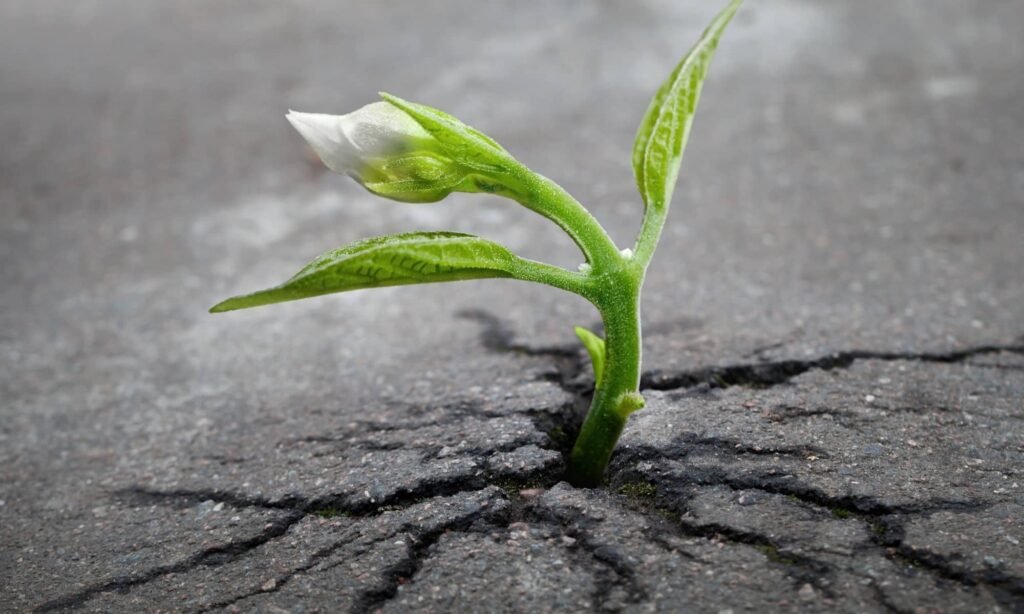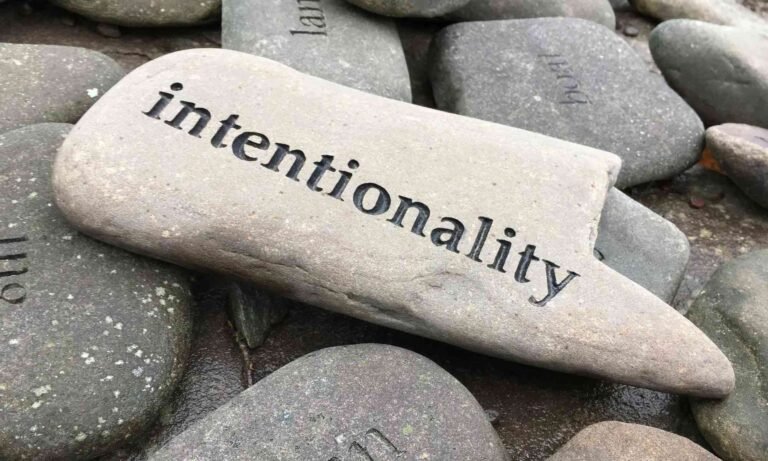The concept of virtue is a fundamental component of moral philosophy, embodying the principles that guide human behavior toward excellence and integrity. Traditionally, virtue has been defined as a quality deemed morally good and thus is valued as a foundation for individual and collective behavior. To understand virtue fully, one must recognize its philosophical roots tracing back to ancient civilizations, where it played a pivotal role in discussions surrounding ethics and morality.
In ancient Greece, philosophers like Aristotle articulated the notion of virtue as a mean between extremes, emphasizing character traits essential to achieving eudaimonia, or flourishing. Aristotle categorized virtues into moral virtues, which pertain to character, and intellectual virtues, related to the mind and reason. This duality represents an evolving understanding of trust in one’s character and the inherent qualities that foster a virtuous life.
Similarly, Stoicism, emerged in the Hellenistic period, redefined virtue as the only true good, aligning it closely with the concept of wisdom. Stoics believed that virtue is the sole pathway to achieving inner peace and harmony with the universe, emphasizing self-control, rationality, and trust in one’s moral judgments. On the other hand, Confucianism approaches virtue from a relational perspective, underscoring the significance of interpersonal relationships and societal roles, which are crucial to maintaining trust within communities.
Moreover, virtues can be categorized into various types, including cardinal virtues such as prudence, justice, temperance, and courage, and theological virtues like faith, hope, and charity. Understanding these distinctions enhances one’s comprehension of virtue’s multifaceted nature. Additionally, personal virtues, which may vary among individuals, reflect personal values and character traits, further enriching the discourse surrounding moral excellence.
“Virtue is the foundation of moral excellence, guiding individuals toward integrity, compassion, and wisdom. It fosters ethical decision-making, strengthens communities, and enriches personal character. Through the pursuit of virtues such as honesty, courage, and kindness, people cultivate a sense of purpose that transcends personal gain, shaping a world built on trust and mutual respect. While the path to virtue is often challenging, its rewards – inner fulfillment, meaningful connections, and societal harmony – prove its enduring significance. In essence, virtue is not just an ideal but a way of living that elevates humanity and nurtures a better future.”
– Copilot
The Role in Personal Development
Virtue plays an essential role in personal development, acting as a foundation upon which individuals can build character and achieve moral excellence. By cultivating virtues such as honesty, courage, and empathy, individuals enhance their decision-making abilities and overall quality of life. These virtues provide guiding principles that foster trust in oneself and in relationships with others, which is vital for social interaction and effective communication.
For instance, honesty serves as a cornerstone for trustworthiness in personal interactions. When individuals consistently practice honesty, they cultivate a reputation for integrity. This not only strengthens their relationships but also increases their self-respect and confidence. Additionally, exhibiting courageous behavior, especially in challenging situations, allows people to align their actions with their values. This alignment increases feelings of self-worth and helps individuals navigate life’s challenges more effectively.
Empathy is another critical virtue that can significantly enhance personal growth. By putting oneself in another’s shoes, individuals foster deeper connections with those around them. This capacity to understand and share the feelings of others helps build strong, supportive relationships, contributing to a more harmonious community. Practicing empathy can ultimately lead to reduced conflicts and increased collaboration, showcasing the social benefits of a virtuous lifestyle.
Moreover, the psychological advantages of embodying virtues extend beyond individual relationships. Individuals who prioritize virtue often experience higher levels of well-being and life satisfaction. The act of living virtuously can lead to a sense of fulfillment, as it instills a purpose that transcends mere personal achievements. Together, these virtues encourage a cycle of trust, mutual respect, and cooperation within the larger community, reinforcing the significance of virtue in personal development.
“Gratitude is not only the greatest of virtues, but the parent of all the others.”
– Marcus Tullius Cicero
Virtue in Society: The Ethical Implications
The concept of virtue extends far beyond individual moral behavior; it permeates the very fabric of society. When virtues are embraced by both leaders and citizens, they foster an environment of trust and integrity essential for robust social structures and effective governance. A society characterized by virtuous conduct is one in which ethical principles guide decision-making processes, resulting in equitable treatment and the flourishing of communities.
Historically, various societies have demonstrated the significant impact of virtue on governance. For instance, the Roman Republic thrived under leaders who embodied moral excellence, emphasizing virtues such as justice, wisdom, and courage. These qualities fostered public trust in governance, creating stability and fostering civic participation. Conversely, periods of moral decline often correlate with the deterioration of social trust, leading to corruption and unrest. Contemporary examples further illustrate how the lack of virtue among public officials erodes trust; scandals often result in public disillusionment and a withdrawal from civic engagement.
The cultivation of a virtuous society can be significantly influenced by education. Educational systems play a crucial role in instilling moral principles and encouraging students to recognize their ethical responsibilities. Through curricula that emphasize character education, institutions can promote values such as empathy, respect, and accountability. By educating the younger generation about virtues, societies can build a foundation of trust that strengthens community dynamics.
Moreover, societal norms can either facilitate or obstruct the development of virtues. Cultural attitudes towards success, wealth, and power can divert individuals from virtuous paths, fostering a mindset where personal gain is prioritized over collective well-being. Therefore, it is imperative for communities to engage in ongoing dialogues about virtue, seeking to redefine societal values that enhance trustworthy relationships among members.
By acknowledging the ethical implications of virtue within societal structures, individuals and communities can work collaboratively toward fostering a more harmonious and equitable existence. Through conscious efforts to cultivate virtue, trust can be re-established, paving the way for societal resilience and progress.
“Humility is the solid foundation of all virtues.”
– Confucius
The Future: Challenges and Opportunities
As we look toward the future, the pursuit of virtue faces a myriad of challenges and opportunities shaped by the complexities of modern society. One of the most pressing concerns is the impact of technology on human behavior. With the rise of artificial intelligence and pervasive digital communication, individuals frequently interact in ways that can erode authentic connections and trust. This technological landscape often prioritizes efficiency over empathy, presenting a dual-edged sword that can either enhance or undermine our moral values.
Moreover, the ascendance of individualism has shifted the focus from community-oriented values to self-centered pursuits. In a world that often glorifies personal achievement and autonomy, there is a risk that collective responsibility and communal values are overlooked. The challenge lies in finding a balance between personal freedom and the obligation to foster trust within our communities, emphasizing how individual virtuous actions contribute to the common good.
Social media further complicates the virtues we hold dear by enabling the rapid spread of differing ideals and values. Platforms designed for connection can sometimes foster division, leading to echo chambers that reinforce a narrow perspective on morality. The cultivation of trust, here, becomes vital; understanding diverse viewpoints and practicing empathy are essential for promoting a shared sense of virtue in an increasingly polarized society.
However, amidst these challenges, there remain numerous opportunities to revitalize the concept of virtue. Education can play a pivotal role, encouraging critical thinking and ethical reasoning from an early age. Community engagement initiatives can foster a renewed sense of belonging and collective purpose, while showcasing role models who demonstrate virtuous behavior can inspire others to follow suit. By actively addressing the modern complexities, we can cultivate an environment conducive to moral development and reinforce the foundational aspects of trust necessary for a harmonious society.
What’s More
The posts in My Blog feature reflective, story-driven pieces rooted in personal and societal insights.
The topics in My Interests explore abstract, philosophical ideas and their cultural and societal impact.
👁️ 8,843 Views

























